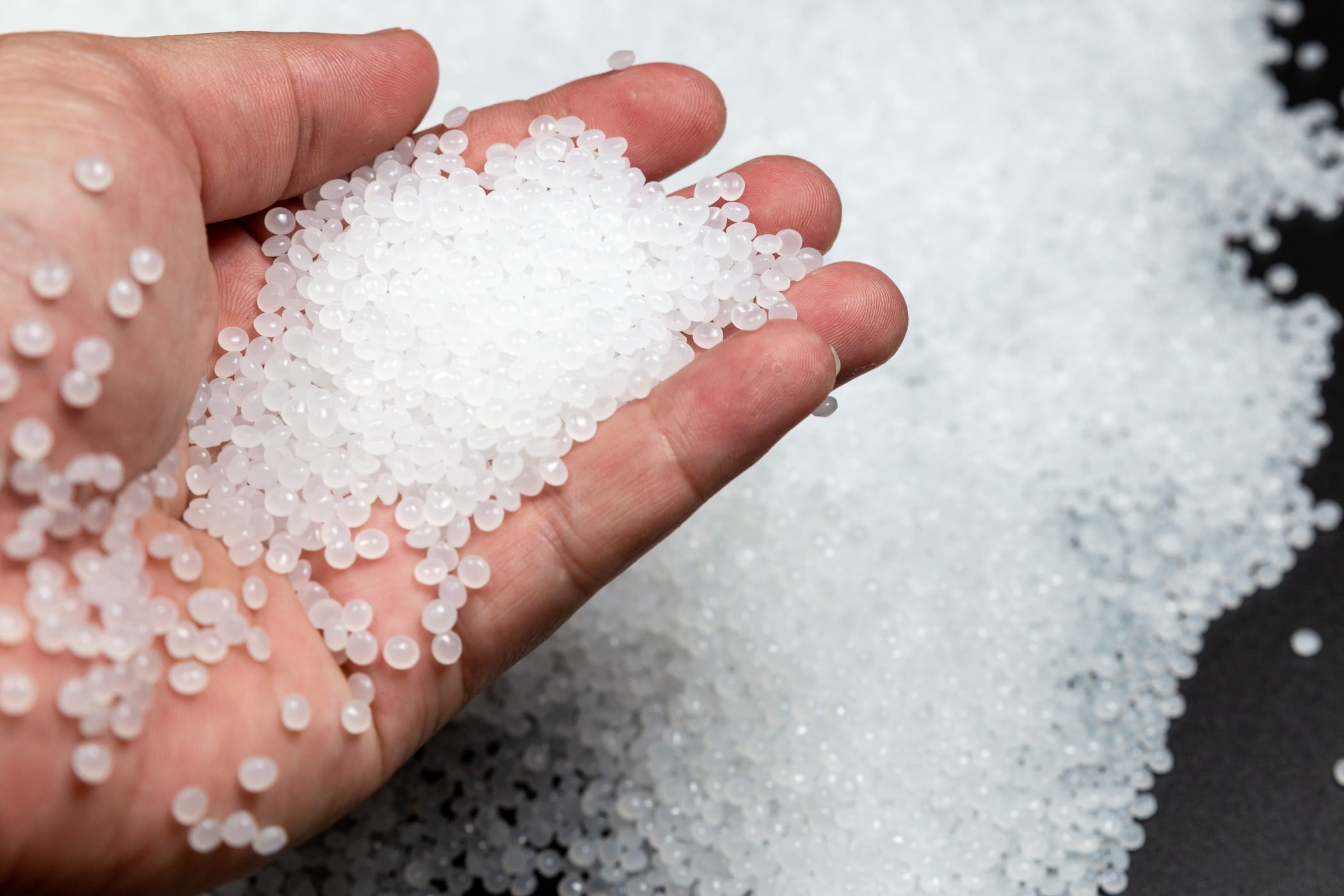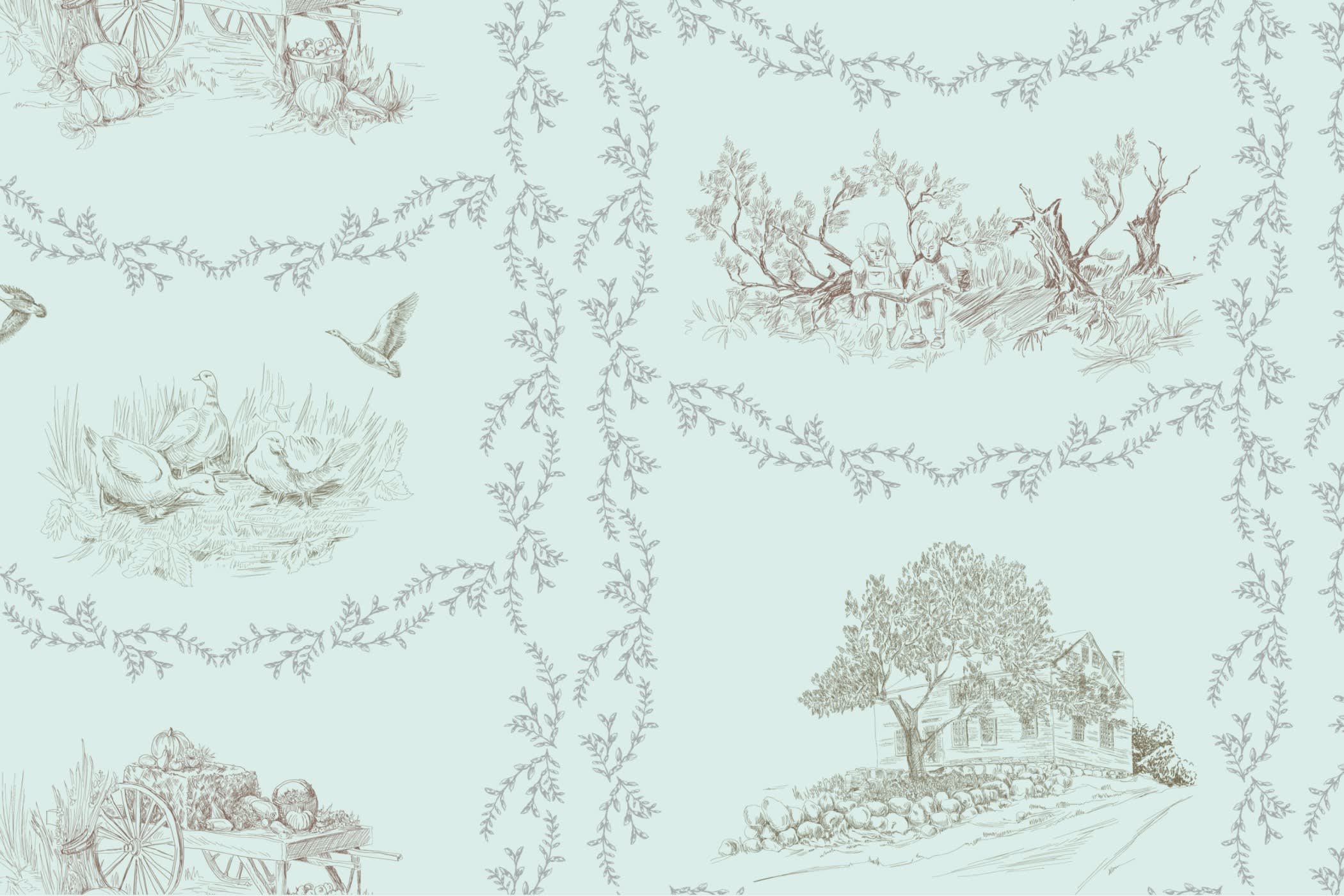Surprising Properties of Eri Silk You Must Know

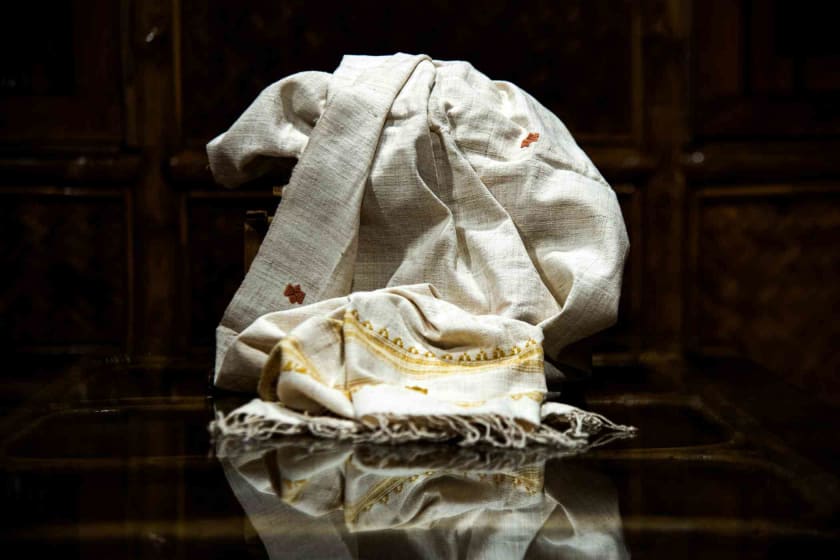

They say that fashion is a language of the body. In a world where people judge others by the clothes they wear, fashion has become a very important part of our life.
Now is the time when people consume fast fashion at an accelerated speed. This is a growing concern, especially at the time when anything that is not eco-friendly is frowned upon. Thus, it has become necessary for fashion houses to look out for sustainable alternatives.
The world is fast moving towards sustainable products in all sectors of life. Then, why should the fashion industry stay behind?
New research on fashion and technology has led to the invention of new fabrics. But the focus has always been on sustainable fabrics.
When you think of sustainable fabrics, silk is the last thing that comes to our mind. Though silk is not considered sustainable, it has been valued for centuries as a fabric for luxurious clothing. Today's generation has shunned the fabric due to its making process. However, its recent cousin is the Eri silk, whose demand is slowly rising.
India is the second-largest producer of silk in the world. The demand for traditional silk is decreasing as Eri silk makes its way into the fashion industry.
Eri silk is considered the ‘peace fabric’. It’s a variety of silk that’s processed without killing silkworms. Contrary to the regular silkworms, the Eri silk moths leave the cocoon, which is then harvested and spun. Eri silk is also known as Endi or Errandi in India. It’s manufactured in the northeastern part of the country, mainly Assam and Meghalaya.
Eri silk is quite popular among Buddhists and vegans due to the fact that it does not involve killing silkworms.
Eri silk is different from regular silk in many ways. Here are a few surprising features about the popular silk that you must know.
- Eri silk is all climate-friendly
Often, silk is not worn in summers due to its bulky texture. However, Eri silk is a variety of white wooly silk that keeps you cool during summers and warm during winters. This thermal property of the silk makes it a year-round fabric, thereby increasing its popularity. The cozy and warm feel of the fabric makes it an excellent choice for winter wear like shawls and shrugs.
- Eri silk is spun like cotton
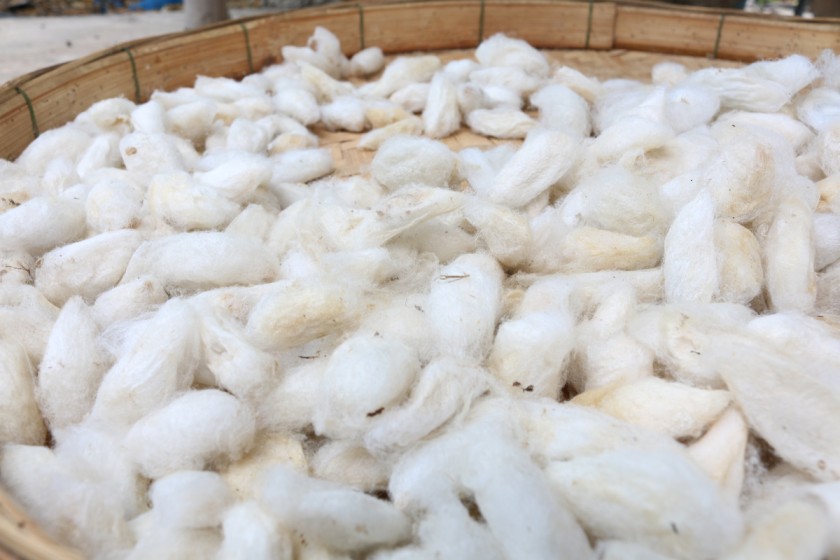
The fibers of silk are very delicate and need utmost care to be spun. However, the thread obtained by drying the Eri cocoons is strong, durable, and can be spun like cotton. This makes its weaving easier. The Eri silk fabric also has a much softer texture, giving you an amazing drape.
- Eri silk blends easily with cotton or wool
Blended silk fabrics may be the perfect solution to eliminate the negative traits of silk and optimize the uses of the fabric. But pure silk is difficult to blend. However, Eri silk blends well with most cotton and wool fabrics, giving it a unique look and feel. It is also heavier and darker than most other silks.
- Eri silk is the only non-violent silk in the world
Eri silk is the only silk in the world that does not involve killing the silkworms. The Eri silkworms spin an open-ended cocoon, which they leave once they transform into moths. This is the reason why this eco-friendly silk is getting popular with vegans. Hence, this fabric has become the status symbol for non-violent, eco-friendly, and sustainable fashion.
- Eri silk is extremely user friendly
How many of you have avoided wearing a silk saree only for the fact that it needed to be dry cleaned later? Well, you will not face this problem with Eri silk. This fabric is washable and wrinkle-free, eliminating the need for any extra treatment. Also surprisingly, the Eri silk fabric gets softer with each use. Handloom pieces of this fabric have been known to be passed down for generations.
- Eri silk is hypoallergenic and skin-friendly
The soft properties of Eri silk ensure that it doesn’t irritate the skin or cause rashes. Also, Eri silk is spun and dyed using natural dyes. This makes it extremely hypoallergenic. Most people with sensitive skin can wear Eri silk fabrics because of these properties.
- Eri silk is hydrophilic
This is one of the reasons that make Eri silk easier to maintain. Unlike other silks, Eri silk absorbs water. This makes it softer and skin-friendly. Other silk fabrics tend to require extra care due to their delicate nature but Eri silk is user-friendly and long-lasting as well.
Conclusion
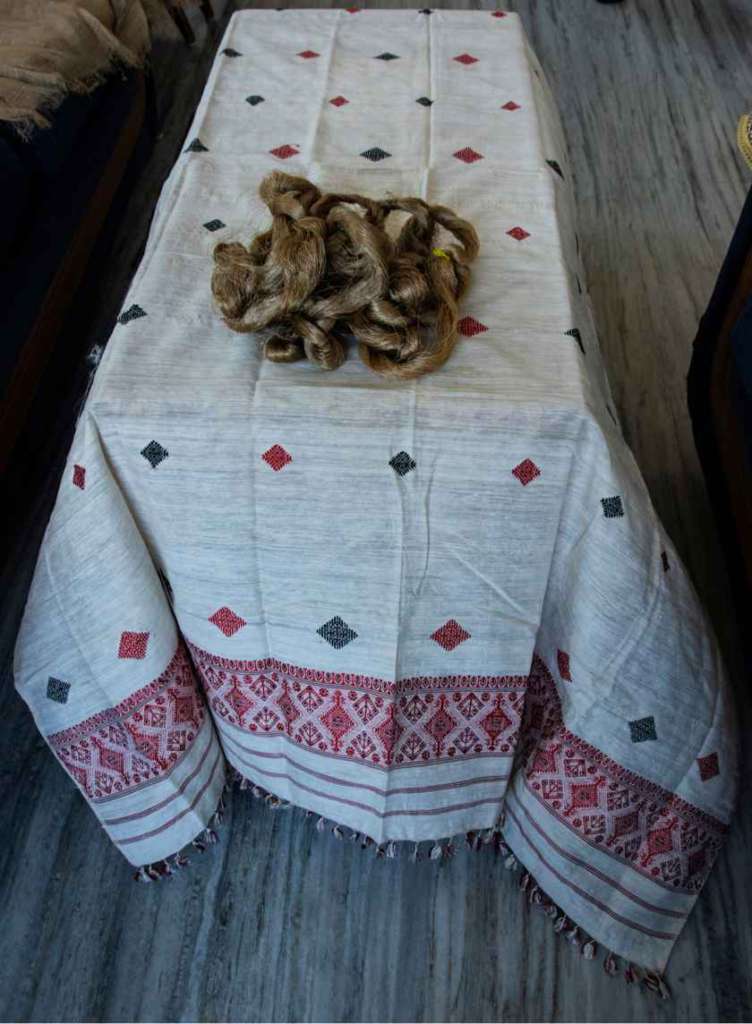
Most of the Eri silk production of thread and fabric remains in the regions of Assam and Meghalaya. The amazing properties of Eri silk are making it a better choice for the manufacture of silk fabrics. This huge demand for Eri silk products only goes on to show that the world is slowly moving towards friendly sustainable choices.















